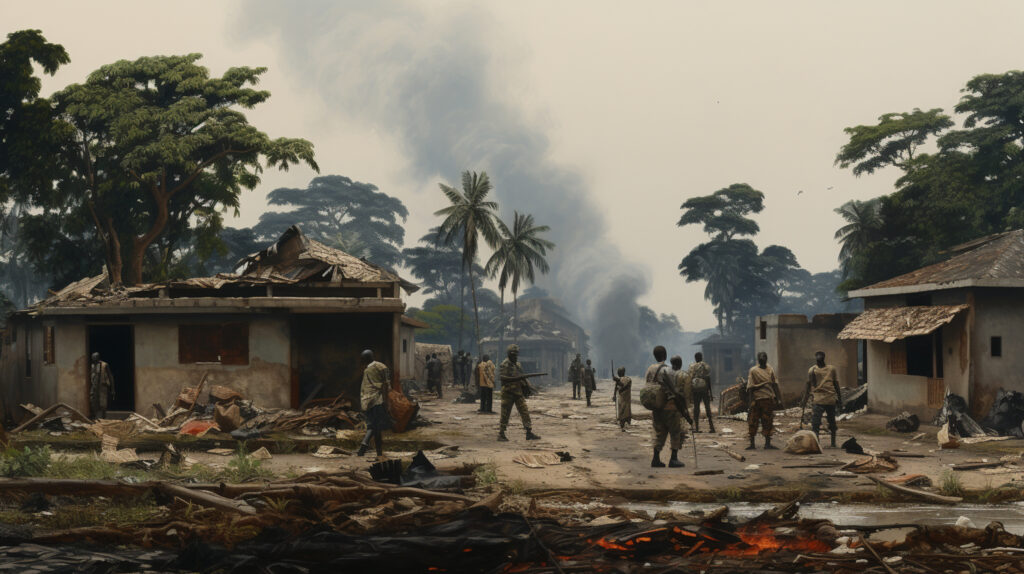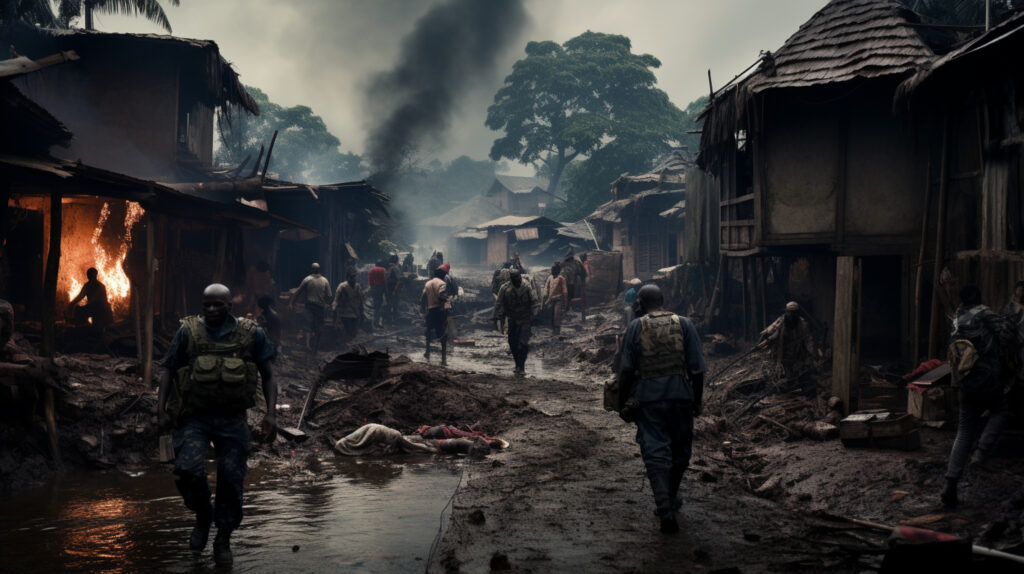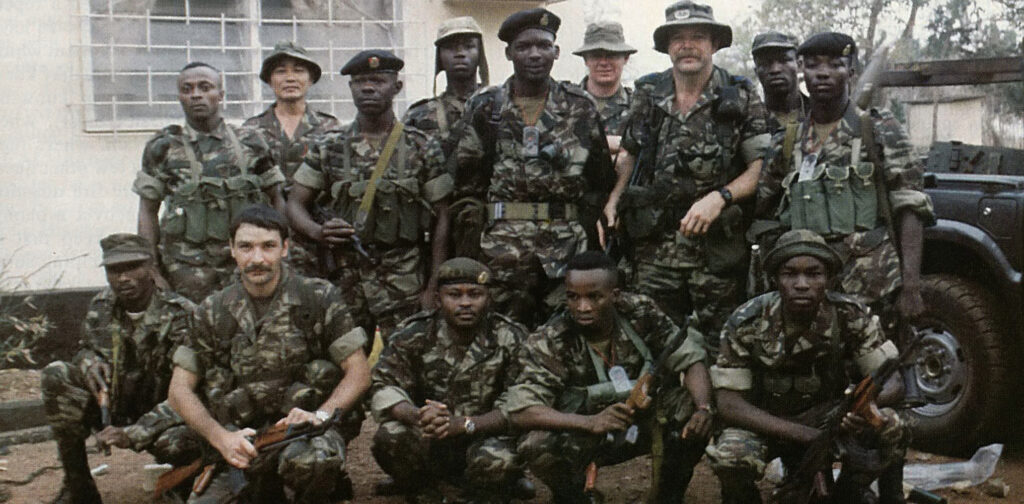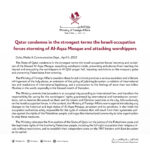Introduction
In the realm of international politics, alliances and partnerships often come under scrutiny, especially when power dynamics shift and interests intersect. One such alliance that has sparked discussions is the Economic Community of West African States (ECOWAS), an intergovernmental organization consisting of 15 member states in West Africa. While ECOWAS was founded with the noble goal of promoting economic integration and political stability in the region, there have been persistent claims that the organization serves as a puppet for the Western world. In this article, we delve into these allegations, examining the evidence and implications of such claims.

The Foundations of ECOWAS
ECOWAS was established in 1975 with the aim of fostering economic cooperation, development, and political stability among its member states. The organization’s primary objectives include the establishment of a common market, the coordination of monetary policies, and the promotion of peace and security in the region. While these goals have the potential to greatly benefit West African nations, skeptics argue that ECOWAS has often fallen short of its stated objectives due to its perceived alignment with Western interests.

The Puppetry Allegations
Critics of ECOWAS often point to instances where the organization’s actions appear to align closely with the desires of Western powers, particularly the United States and its European allies. These critics argue that the organization’s decisions and interventions in regional conflicts are heavily influenced by these external actors, thereby compromising its independence and autonomy.
One of the most commonly cited examples is ECOWAS’ involvement in various peacekeeping missions, particularly in cases where Western nations have significant interests. Critics argue that the organization’s peacekeeping efforts have at times mirrored Western foreign policy objectives, raising questions about its impartiality and autonomy.

Evidence and Counterarguments
Proponents of the Western puppetry theory point to instances such as ECOWAS’ involvement in the Liberian and Sierra Leonean civil wars, where Western nations had considerable interests. In both cases, the organization’s interventions were backed by Western support and, critics argue, were aligned with Western goals.
Defenders of ECOWAS’ integrity emphasize the complexity of international relations. They argue that the organization’s partnerships with Western powers are often pragmatic responses to the need for resources, expertise, and funding to carry out its objectives effectively. These defenders assert that ECOWAS’ actions can be understood as a result of regional collaboration rather than puppetry, and that close ties with the Western world are a strategic necessity rather than an indication of subservience.

Implications
Allegations of ECOWAS being a puppet for the Western world carry significant implications for both the organization and the region as a whole. If the claims were substantiated, it could undermine the credibility and legitimacy of ECOWAS in the eyes of its member states and citizens. Such perceptions could hinder the organization’s ability to effectively address regional challenges and promote economic development.

Conclusion
The debate over ECOWAS’ alignment with Western interests is a complex and nuanced one. While there is evidence that suggests the organization has collaborated closely with Western powers in certain instances, it is equally important to recognize the multifaceted nature of international relations. ECOWAS’ ultimate success will hinge on its ability to balance the need for partnerships with external actors while remaining true to its core mission of fostering regional integration, stability, and development.








